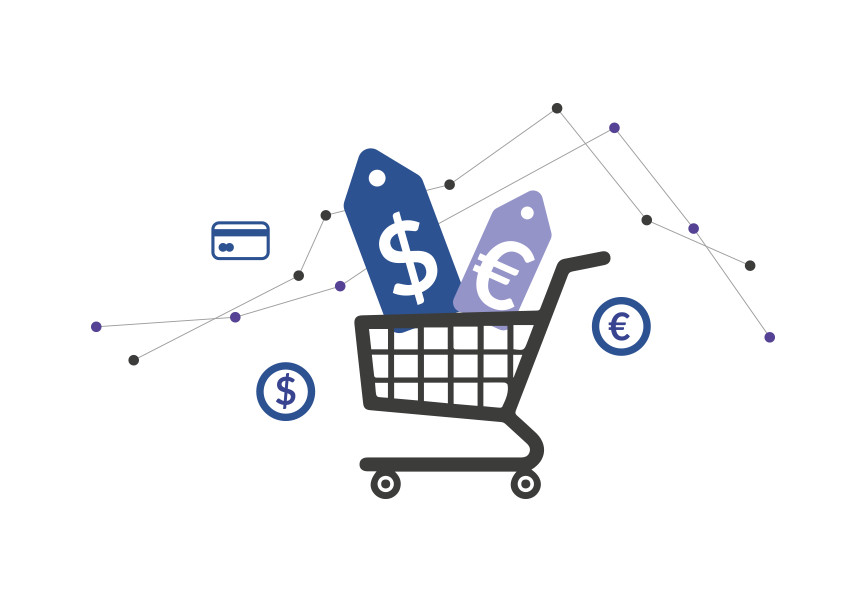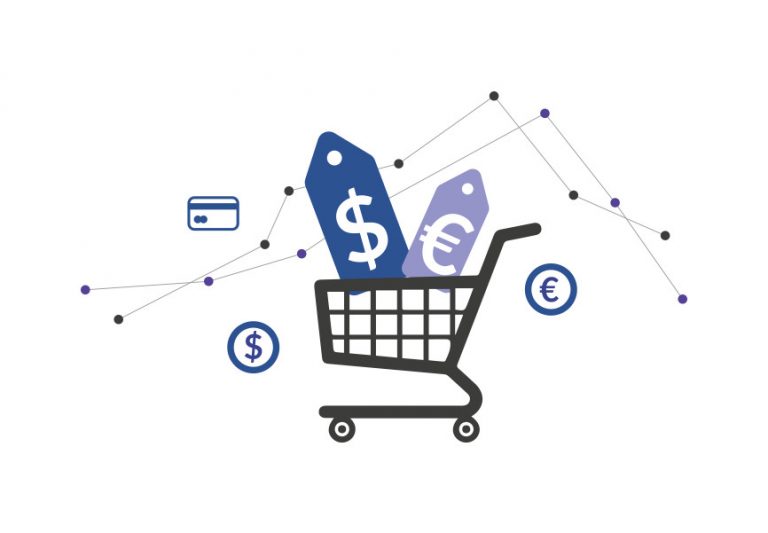12 Best Shopify Integrations That Will Increase Your Sales
- 27 September 2023
Shopify stands as the leading global e-commerce platform. To unlock its full potential, it’s crucial to explore external apps that support sales growth. In the following content, you’ll discover key integrations that are essential for improving the financial performance of your Shopify store.
Why does your Shopify store need integrations with external software?
If you already run your shop on Shopify, you know that you can integrate it with third-party extensions – available on the official Shopify shop. In fact, these types of integrations are the key to stable shop growth.
Shopify extensions can significantly enhance efficiency in several key areas:
- Automating Processes: You can streamline various tasks, such as sending automatic emails to customers, bulk importing products from wholesalers, or providing support through chatbots.
- Payment Method Integration: Shopify apps allow you to seamlessly incorporate all the payment methods your customers use online into your shop page.
- Data Analysis: External tools enable you to thoroughly analyze customer behavior and pertinent sales metrics.
- Inventory management: Shopify integrations facilitate more effective management of your shop’s inventory and pricing.
When it comes to selecting integrations for your Shopify store, here’s an essential tip: Always install extensions provided by official solution providers for the best results.
Areas where you need to look for market advantages with Shopify integrations
We’ve already highlighted how you can enhance your store’s efficiency and boost sales. Now, let’s delve into the specific business areas that can be improved with integrations and tools required to realize these improvements.
Shopify shop integration with payment gateways
In order for your shop to meet your customers’ needs, you must offer them the payment methods they expect. Do market research first – find out how users in your target audience pay.
Below we recommend popular payment solutions that you can incorporate into your Shopify store through integrations.
- Stripe: this provider enables the inclusion of the most popular payment methods as debit cards, mobile payment, popular digital wallets, and many others. Obviously, you can download the Stripe extension from the Shopify repository.
- PayPal: Customers from all over the world love PayPal’s payment services, so they should be included in your shop. Just like Stripe, you can find the PayPal plugin in the Shopify App Store.
- Shopify Payments: When operating an online store on Shopify, it’s highly advisable to check the integration of Shopify Payments. As this is offered by the platform owner, you are assured of a seamless solution.
It is even certain that the list of payment providers for this platform will continue to grow. After all, Shopify is becoming more and more popular every month.
Tools to improve customer communication
Email marketing is among the most crucial tools for nurturing engagement with online shoppers, and it has a direct impact on increasing sales.
These reasons underscore the importance of incorporating email marketing integrations into your Shopify store. Through these integrations, you’ll gain the ability to:
- Create visually appealing, personalized messages sent to your shop’s customers.
- Distribute newsletters with updates about your shop’s offerings.
- Send reminder emails for abandoned shopping carts (relevant for customers whose emails are in your mailing database).
To fully harness the potential of email marketing on Shopify, you’ll need to integrate external applications. Consider the following solutions:
- Shopify email: in the first instance, you can try the native solution offered by the platform’s developers. The tool allows you to send personalized, graphically good-looking emails. On top of this, you can set up sequences of sales emails.
- ActiveCampaign: This software is perceived as one of the best tools in the world for email marketing. ActiveCampaign is renowned for its ability to configure advanced mailing funnels. You will definitely make good use of this tool.
There are many other solutions on the market. It is not said that the above will be the best for you. Nevertheless, we are sure that the tools listed work well as an integration for Shopify.
Communicating with customers is not only about email activities. Some buyers will certainly want to make use of the functionalities offered by chatbots.
In this respect, chatbot implementation from brands such as Tidio, LiveChat, or Drift can be a good choice. The great advantage of this type of solution is that it is based on natural language processing models. Thus, customers feel as if they are talking to a live employee of your shop.
A chatbot can make purchasing recommendations to customers, which should directly translate into increased sales on your Shopify shop.
Being present on social media is paramount for e-commerce brands. Social networks provide an ideal space for nurturing relationships with potential customers, showcasing your products, and driving sales.
To accomplish these objectives, Shopify offers integrations that connect your website with various social channels. These integrations enable you to:
- Facebook & Instagram: This integration is perhaps the most crucial as it links your Shopify shop directly to Meta’s platforms, allowing you to showcase and sell your products on both Facebook and Instagram.
- TikTok: Developers of TikTok provide an integration that empowers retailers to reach users with their offerings. You can add a shopping button to your TikTok videos and access detailed insights into how users engage with your content on the platform.
- Pinterest: A Shopify plugin simplifies the process of showcasing your products on Pinterest. It automates the product transport, saving you significant time. It’s important to note that Pinterest may perform particularly well in specific product categories.
For more social integrations tailored for Shopify, you can explore the official Shopify App Store.
Pricing management strategy
Price is one of the most important factors that influence the purchasing decisions of e-commerce customers. Since price is so important, you need to make your shop’s product price list inviting to purchase. You need to constantly monitor the market standards of your competitors’ prices and optimize your offering on this basis.
Are you worried about manually managing prices on your Shopify online shop? Rest assured, a professional price automation tool will do the job for you.
Dynamic Pricing for Shopify
Dealavo offers a powerful solution that streamlines the often arduous task of updating prices in your online shop. Whether you operate exclusively on Shopify or across multiple marketplace platforms, Dealavo’s Dynamic Pricing module enables you to continuously align your prices with market standards.
By integrating with Shopify, your shop’s pricing becomes responsive to your competitors’ pricing and shopper’s behaviour, ensuring your shop maintains a competitive edge in terms of pricing attractiveness.
Setting your pricing strategy is a breeze with Dealavo – simply define the rules, and the software handles the rest. The platform also provides clear and comprehensive reports within the Dealavo application, allowing you to monitor the results of your pricing actions.
The beauty of Dealavo is its versatility – you can implement it across any sales channel you operate, including platforms like Amazon, Allegro, or eBay. This means you can maintain a competitive edge in all the channels where your business thrives.
Increased sales in the Shopify shop with integrations (summary)
You’re aware that achieving sales growth on your Shopify shop necessitates the use of external integrations. You’ve identified the solutions to seek. There’s no need to delay – embark on your journey to establish a thriving Shopify-based business today, one that competes effectively for e-commerce customers.



